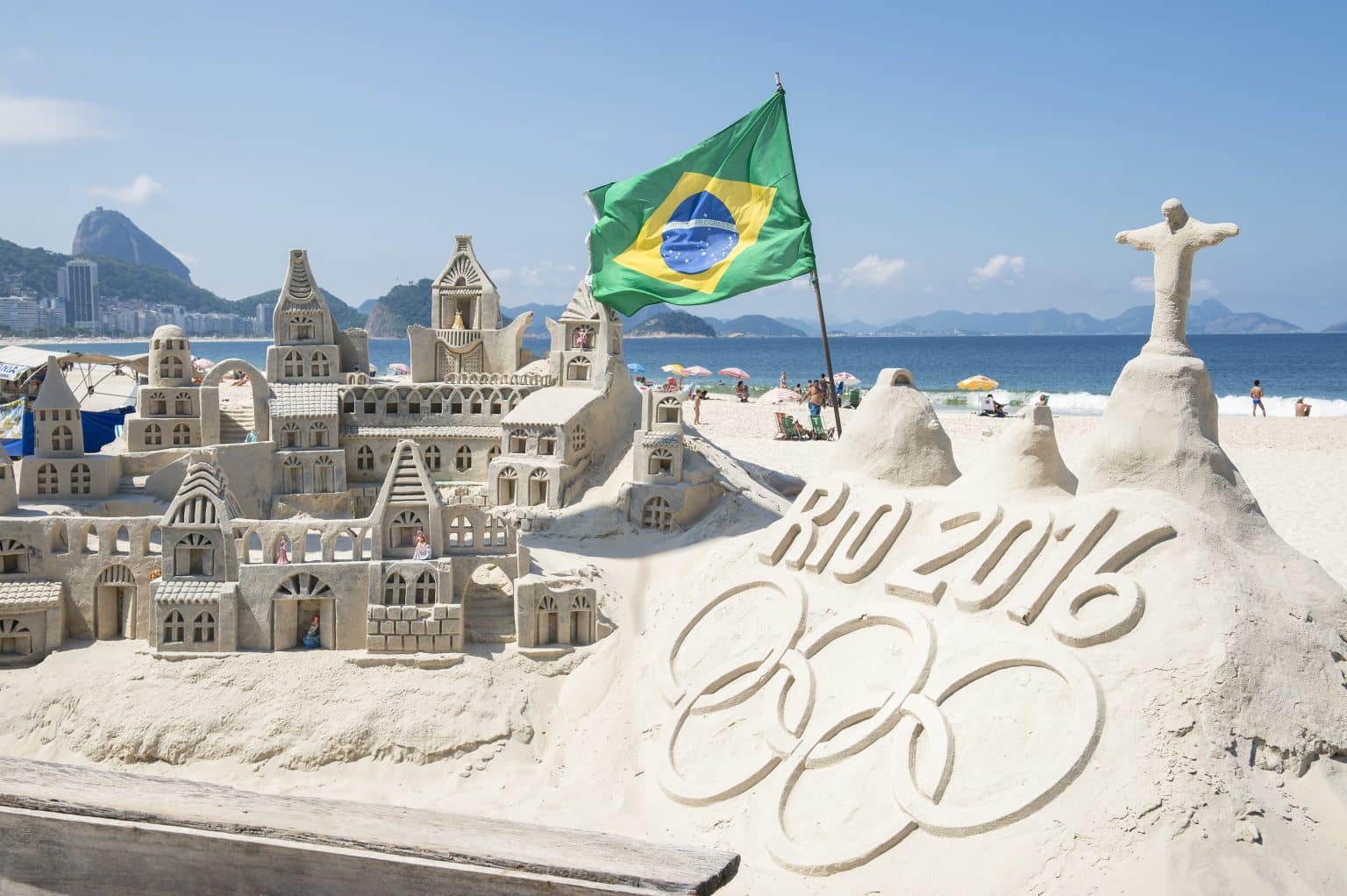A recent study reveals the substantial financial burden borne by cities hosting the Summer Olympics, with Rio de Janeiro 2016 topping the list.
New research from Playcasino.com, leveraging data from The Council of Foreign Relations, ranks the costliest Summer Olympic Games from 1992 to 2024. The analysis highlights the operational and construction expenses incurred by host cities, as well as how significantly these costs exceeded initial budgets.
The 2016 Summer Olympics in Rio de Janeiro stands out as the most expensive, with a staggering total cost of $23.6 billion. The Brazilian city, which became the first South American host, saw its expenses surpass the budget by an extraordinary 289%. Rio’s investments included extensive upgrades to public transport infrastructure, such as the Bus Rapid Transit (BRT), the metro system, and the Light Vehicle Rail System. The games, held from 5th to 21st August, aimed to leave a lasting legacy but ultimately faced severe financial strain.
London 2012 holds the second spot with a cost of $16.8 billion. The English capital, which hosted the games from 27th July to 12th August, invested heavily in infrastructure improvements, including ten new railway lines and 30 new bridges. The budget was exceeded by 76%, reflecting the high cost of creating a sustainable and accessible Olympic environment. Significant resources were also allocated to enhancing pedestrian and cycling routes across the city.
Tokyo 2020, delayed by the COVID-19 pandemic, ranks third with an expenditure of $13.7 billion. The games, which took place from 23rd July to 8th August 2021, saw a budget overrun of 128%. Tokyo’s preparations included the construction of eight new venues, including the National Olympic Stadium, and the integration of sustainable features such as renewable energy and barrier-free designs. The city aimed to balance tradition with modernity but faced substantial financial challenges.
| Rank | Year | City | Cost | Overrun Percentage |
| 1 | 2016 | Rio de Janeiro | $23.6B | 289% |
| 2 | 2012 | London | $16.8B | 76% |
| 3 | 2020 | Tokyo | $13.7B | 128% |
| 4 | 1992 | Barcelona | $11.6B | 266% |
| 5 | 2024 | Paris | $8.7B | 115% |
| 6 | 2008 | Beijing | $8.2B | 2% |
| 7 | 2000 | Sydney | $5.2B | 90% |
| 8 | 1996 | Atlanta | $4.7B | 151% |
| 9 | 2004 | Athens | $3.1B | 49% |
Barcelona 1992, the fourth most expensive, cost $11.6 billion. The Spanish city, which hosted the games from 25th July to 9th August, invested in extensive renovations to its public transport system, including new ring roads and a high-speed rail network. The budget was exceeded by 266%, as Barcelona aimed to transform its infrastructure and urban landscape.
Paris 2024, which is set to host the upcoming games, is already among the priciest, with an estimated cost of $8.7 billion. The French capital has built new facilities, including a climbing centre, an Olympic Aquatic Centre, and Olympic and Media villages. The budget has been exceeded by 115% ahead of the games, scheduled from 26th July to 11th August this year.
Beijing 2008, with a cost of $8.2 billion, ranks sixth. The Chinese capital, which hosted from 8th to 24th August, saw its budget overrun by just 2%. Beijing’s investment included the construction of a new Olympic village, 22 new sports venues, and renovations of 50 existing stadiums. The relatively modest budget overrun reflects the city’s comprehensive planning and execution.
Sydney 2000, at $5.2 billion, is the seventh most expensive. The Australian city’s budget was exceeded by 90%, as new facilities were constructed at Olympic Park, including the main stadium and the SuperDome. The games were held from 15th September to 1st October, with Sydney focusing on both venue construction and urban development.
Atlanta 1996, costing $4.7 billion, ranks eighth. The American city’s budget was overrun by 151%, with significant investments made in urban development projects near Olympic venues. Hosting from 19th July to 4th August, Atlanta aimed to revitalise areas such as Summerhill and Techwood Clark Howell Homes.
Athens 2004, with a cost of $3.1 billion, is the ninth most expensive. The Greek capital hosted the games from 13th to 29th August, exceeding its budget by 49%. Athens invested in redeveloping key areas of the city, including the Phaleron Coastal Zone and the Athens Olympic Sports Complex, but faced financial difficulties.
Nathan Vega, Head of Marketing at Playcasino.com, commented on the findings: “As the 2024 Paris Olympics approach, it’s striking to see the significant financial impact of hosting the games. Cities often struggle to stay within budget due to the immense costs associated with infrastructure and operational needs.”
He continued, “While hosting the Olympics comes with a hefty price tag, it also offers long-term benefits, such as improved infrastructure, increased tourism, and the development of world-class sporting facilities. These investments can drive cultural and economic growth, providing a lasting legacy for the host city.”
This analysis underscores the complex financial considerations involved in hosting the Summer Olympics and the enduring impact on cities around the world.
For more information, visit https://www.playcasino.com/.

